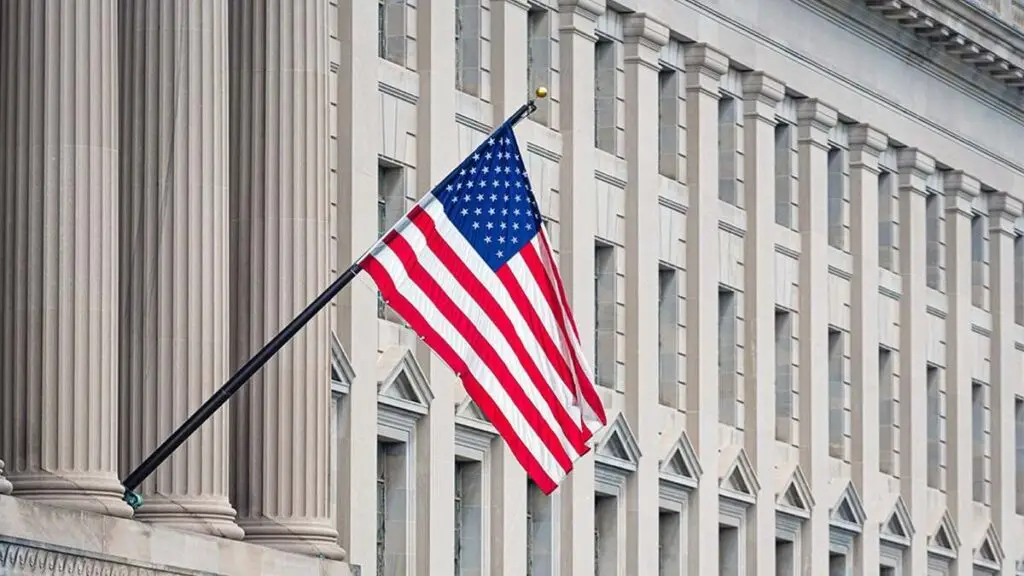MOGADISHU, Somalia — The United States reaffirmed its longstanding policy of supporting Somalia’s unity, rejecting renewed calls to recognize breakaway Somaliland.
A State Department spokesperson told Fox News the U.S. recognizes Somalia’s sovereignty, including Somaliland, and isn’t discussing any formal recognition agreement.
“There are no direct talks underway with Somaliland regarding recognition,” the spokesperson said, reinforcing support for Somalia’s federal government based in Mogadishu.
Somaliland declared independence in 1991 and governs itself but still lacks international recognition despite its stability and democratic institutions.
Its recognition push is gaining attention in Washington, driven by security concerns, strategic location and rising tensions with China and Russia.
Sen. Ted Cruz, R-Texas, chairs the Senate Africa panel and is one of Somaliland’s most vocal supporters in U.S. politics.
Cruz argues formal recognition would create stronger military and economic ties while countering China’s and Russia’s growing influence across the Horn of Africa.
“Somaliland has been a reliable U.S. partner, committed to fighting terrorism and resisting Chinese influence,” Cruz told Fox News.
In a letter to Trump, Cruz urged recognition and described Somaliland as “a critical partner for American diplomacy and regional stability.”
Somaliland leaders offered U.S. access to Berbera Port and a long airstrip near vital Red Sea shipping lanes opposite the coast of Yemen.
The area is strategically located near maritime routes handling nearly one-third of the world’s container trade, adding to its geopolitical value.
Somaliland also claims rare earth mineral reserves vital to U.S. technology industries, strengthening its economic argument for diplomatic recognition.
Still, U.S. policy remains unchanged. Washington continues backing Somalia’s government as it fights al-Shabaab and navigates foreign influence from global rivals.
Somaliland President Muse Bihi Abdi remains hopeful. “Recognition is getting closer. It’s not a question of if, but when,” he told The Guardian.
